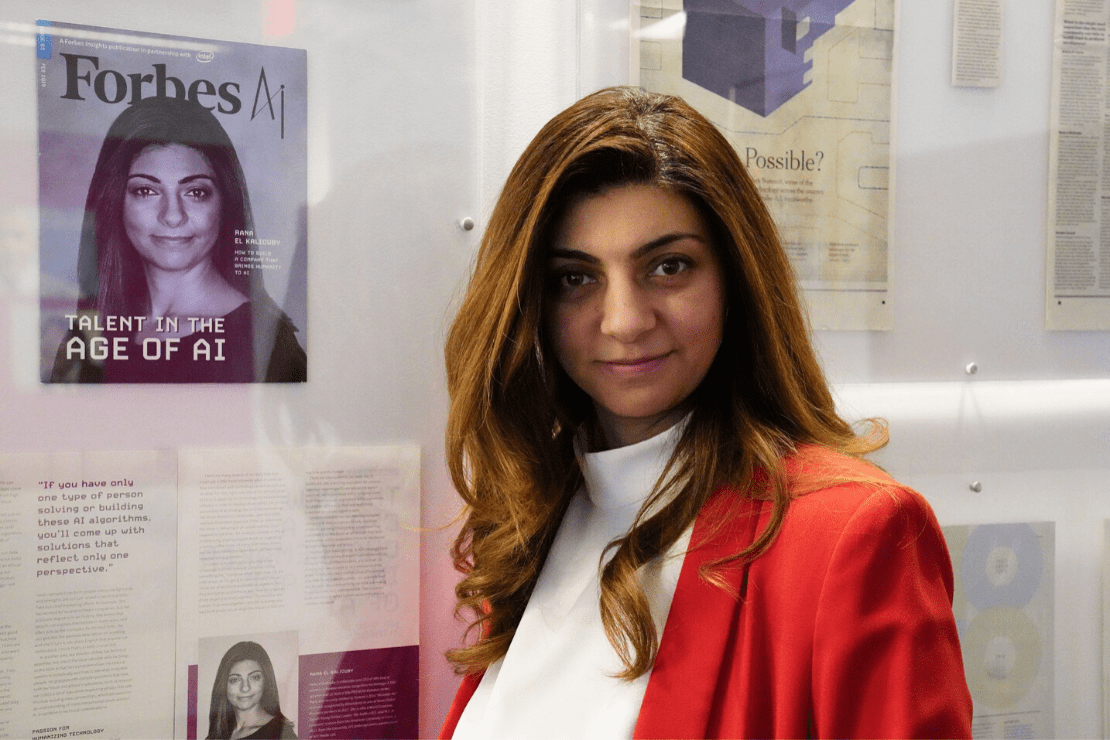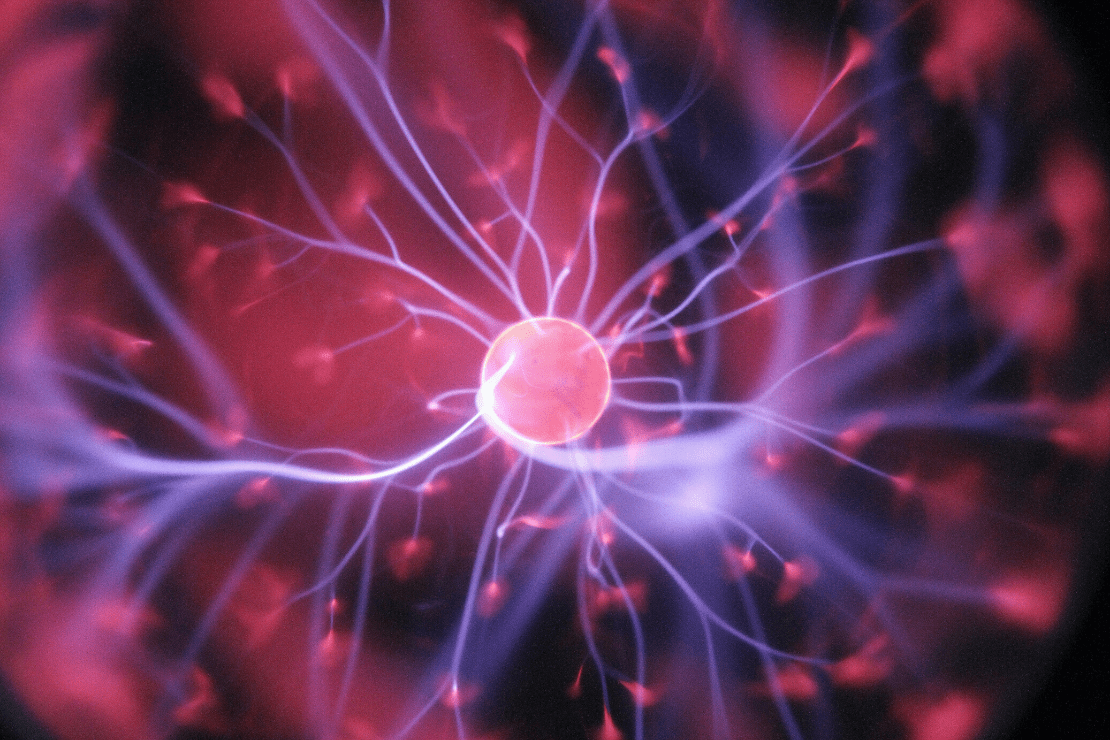9Jun2020
In the next few years, AI will enable us to interact with machines the way we interact with one another. Examples of AI in action can already be found in various lines of business; health care, customer service, advertising and such, with innovations such as autonomous vehicles waiting just around the corner.
This should be fantastic news; engineers are on a roll, and all we, the consumers, have to do is reap the benefits and enjoy.
If it only were that simple.
According to Dr. Rana el Kaliouby, technology should be redesigned in a way that closes the current empathy gap and addresses the fact that technology today has a high IQ, but no EQ, or emotional intelligence.
– A vast majority of development still focuses on the technology itself, states el Kaliouby.
– To be able to ensure the best possible outcome, we need these systems to understand how people feel and behave in different situations.
In other words, technology has to be humanized. It needs plenty of added emotion.
– When it comes to the way people communicate feelings, only 10 per cent is words, el Kaliouby mentions. – The rest can be interpreted from facial expressions, hand gestures and vocal intonation.
That was the main premise for Rana el Kaliouby’s academic research work, which was followed by establishing Affectiva, a tech company that created Emotion AI – artificial emotional intelligence, also known as emotion recognition or emotion detection technology.
The modern principles of leading a company
– Leadership is about matching empathy with decisiveness and action, el Kaliouby explains. – The only way to engage is to show emotions and care, but a leader also has to be determined and ready to step out of comfort zone whenever needed.
Rana el Kaliouby leads by example; not only does she talk a lot and use her hands to emphasize messages, she also shows genuine concern about her employees’ well-being.
– It is essential to know what is happening in a person’s life, she says. – First and foremost, a leader should be human.
On the other hand, el Kaliouby is assertive and wants things done properly. While sometimes being the leader of a company involves tough decisions, she understands that it all comes along with the fact that she is the CEO.
Emotion AI as a tool for better decisions
Her leadership provides results as well; today, Affectiva focuses on applying its technology in media analytics – helping 25% of the Fortune Global 500 companies measure people’s responses to online video content and advertising – as well as on developing technologies for the automotive industry to improve both road safety and the in-cabin experience.
Emotion AI plays an integral role in both. Whether it is about launching a new soft drink or taking the next step towards an autonomous vehicle, improving the machine’s ability to interpret facial and vocal expressions enables businesses make better, more relevant decisions.
– Face is a powerful canvas for transforming mental states, el Kaliouby says. – As a business leader you have to know what kind of a message or technical application resonates best with your target audience. Finding that out at the early stages of a campaign or a development project helps make more accurate decisions along the way.
Reclaiming humanity – in more ways than one
Affectiva has come a long way from an MIT Media Lab spin-off to a fast-developing tech company backed by leading venture capitalists. So has Rana el Kaliouby as a person.
Her story so far is told in her new book, Girl Decoded: A Scientist’s Quest to Reclaim Our Humanity by Bringing Emotional Intelligence to Technology.
The main driver for the book was genuine concern over the way communication is mediated through technology today, and her desire to evangelize a more human-centric approach to technological development. Technological development is a great opportunity, but you should not forget the essence of emotions. If machines are to assume more responsibility, they should also learn to interpret feelings and understand human behavior.
That is where the consumers come in; their input will be vital in taking Emotion AI to the required level.
– Consumers have to have a strong voice in deploying AI systems, el Kaliouby explains. – I want to demystify AI in my book and take it closer to the customers to engage them to be part of this dialogue.
The final reason for writing was more personal. El Kaliouby wants to inspire people to follow their own path and truly embrace their own ideas and beliefs – just like she has done, no matter the obstacles along the way. There will be those who doubt, and the inner voices will creep in, claiming that this and that will not be possible.
The thing is not to give up. You have to believe in yourself even if the rest of the world didn’t.
Wise words from a CEO whose greatest achievements clearly are still waiting to materialize. What was it that sparked the idea of writing a kind of a memoir this early?
Rana el Kaliouby laughs and says that in every aspect, the development is, as luck would have it, eternally ongoing.
“The book tells the story up to this day. I am a work in progress and so is the technology. Check back in a few years and see where we are.”
Now there’s a deal no one should turn down.
Rana el Kaliouby will speak about “Perception AI and the Future of Work” at Nordic Business Forum on Wednesday, September 23rd.

Dr. Rana el Kaliouby


